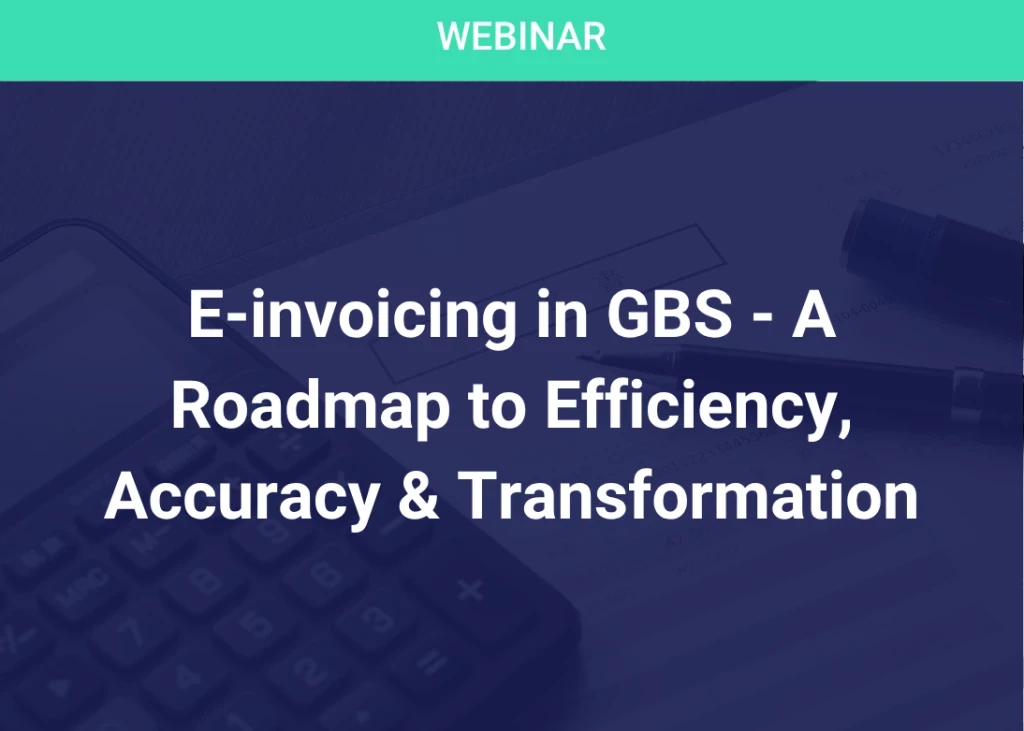Q&A: Carl Barnes, DHL
Add bookmark(In these parlous economic times every penny counts - and, as Carl Barnes, CFO of DHL's Global Business Services UK, explains, there may well be some very low-hanging pennies locked up in your systems. This interview also looks at the UK's Late Payment Act and how companies can leverage it to ensure prompt payment from debtor organizations.)
SSON: Carl, in the current economic climate it’s absolutely paramount that companies increase and protect their working capital. At DHL you’ve managed to claw back an impressive total from a couple of relatively easy wins – among which has been a successful audit check on your A/P system. Can you give us more information on that?
Carl Barnes: One of the first things that you do when you’re trying to improve your cash-flow is to take a look at the terms that you have with your suppliers. Generally speaking it’s quite a long, drawn-out process to go back to every supplier and try to extend the terms that you have with them from, say, the standard 30 days to 60 days. But there is something you should do before you start – or in fact in parallel to – that particular activity, which is to take a look at the database you’ve got within your own A/P system, and check that that database is consistent with the contracts you’ve already had negotiated through your procurement department.
It’s amazing how many people, when they do a mass update onto their system when moving from one ERP to another, just default everything to a standard 30 days – and just doing that audit, and checking to make sure you’ve got everybody recorded at the extended terms that you’ve negotiated is well worth doing. And certainly at DHL we’ve seen instances where we’ve been paying our suppliers faster than we’ve agreed to do. So something I would recommend straight off is: do that audit.
SSON: Can every company operating shared services follow your example here and are there any cost implications other than the labour cost of conducting the audit itself?
CB: Yes, they all can – although there are some things that could hold you back. If you’ve got centralised procurement, then doing that audit is going to be much easier than it otherwise would be. But at the very least you can contact the various divisions within the company, show them a list of the suppliers you’ve got recorded, and state what the terms are – and you’ll be surprised at how many time the business partner will come back and say, "You know what? We negotiated 60-day terms with this supplier!" And then you can record that fact into the A/P system and make sure you don’t pay people too quickly.
SSON: Another area that you’ve looked into, as I understand it, is the gains that can be had from an understanding of the UK’s Late Payment Act. Can you explain to our network what this Act is and how it can be used to help ease the pressure?
CB: The Late Payment Act is a piece of legislation that was passed over 10 years ago in the UK. It’s something which is mimicked in lots of countries round Europe – it actually stems from a European piece of legislation – and what it enables you to do is, for your business-to-business customers, to charge an administration fee and interest at 8% above the Bank of England’s base-rate to those customers who pay you outside of their normal terms. So for example if you generally have 30-day terms with your customers, you’re in a position to say to them "After one day late we can levy an admin charge" – which varies depending on how much they owe you from about £10 to £70 or more on very large balances. And you can actually levy this per invoice.
This isn’t really a way to make extra money, but what it does do is concentrate the mind of the customer who is liable to something which you’re allowed to apply by law. And it’s a very useful tool to educate customers that they need to pay on time. Now, it’s not a very widespread practice within the UK at this point but I think that with the economic climate that we’ve got, more and more companies are going to take advantage of the Late Payment Act because of the importance of cashflow to their survival.
Maybe some of your network can be ahead of the game, as we’re exploring with DHL: trial it with some of your smaller customers, discuss it with your large customers – but always make sure to do some form of communication to them to give them fair warning that you’ll be applying the Late Payment Act. You know, you’ve nothing to lose in this environment: everybody understands the importance of payment on time, and this if you like is a good time to introduce something like this.
SSON: Are there any other quick wins which you can recommend to SSON members?
CB: One of the things to be very careful of in this particular climate is the financial strength of some of your customers. Obviously there are a lot of people out there who are able to carry out credit-checking on your behalf, for new customers or existing customers… I think if you’re a company that subscribes to these sorts of services, then it’s worth making sure you’ve done a sweep of your customers recently – but I actually think that for smaller customers credit-checking on their accounts in this environment is not going to give you particularly up-to-date information; I think the thing to check more than anything is whether any of your customers have disqualified directors. And another thing to look out for is, really examine the paying patterns of your customers. So if you had customers paying bang on time for the last twelve months, and you start seeing it going out by a day or two, maybe that’s an alarm bell you should be paying attention to.
SSON: Obviously, longer-term, many people in shared services will be looking to renegotiate terms - with both suppliers and buyers – as a result of the much greater need for working capital. But there’s a danger, isn’t there, that too much pressure on existing contracts might lead to smaller parties being unable to continue trading because of their own cash-flow issues? What steps can large organisations like DHL take to get the most beneficial terms possible from their partners without actually endangering the financial health of those partners?
CB: I think you’re right; it’s a very schizophrenic picture that large companies are painting right now because they are applying very strictly the payment terms that their customers need to stick to, whilst on the other side of things trying to stretch how long they have to pay their suppliers. What I’d say is that – generally speaking – if you’ve got centralised procurement you probably will have paid close attention to the financial stability of your suppliers. I think it’s worth reinvigorating some of those discussions maybe directly with your suppliers just to check the situation they’re in. There’s no such thing as Blue Chip any more: we all thought the banks were bulletproof but obviously that’s proved to be not right in this particular climate.
So my advice would be: keep careful communication with your larger, more important suppliers, and with the smaller guys, be sensible. The smaller guys need that cash to continue to supply you with the services you need. And again I think it’s around communication: I think you can get a lot of cash-flow benefit simply by managing to the terms you’ve already agreed, and then being able to negotiate longer terms with more stable, more financially-sound suppliers. But the smaller guys right now, you just need to play fair by them. And just make sure you’re paying them bang on time – don’t pay them early, but pay them on time – and encourage a dialogue.
SSON: Finally: politicians the world over have been very careful throughout the crisis to emphasise their support for small and medium enterprises. Do you foresee any legal or regulatory changes to existing credit and collections frameworks as a result of the crisis and consequent slowdown?
CB: Actually I think that – going back to the Late Payment Act – there’s going to be more publicising of that kind of tool that’s available to all commercial enterprises. But what we might see is an extension of the sort of thing that you see in places like France where in haulage, for example, you have to pay invoices on 30 days and no longer, or there are potential penalties that go directly to the directors of the companies that are late paying. So you could find that there are certain sectors or segments of the market that get some special protection. Personally I’m not sure that that would be a bad thing – I think it actually might be a good thing in the long run. And I wouldn’t be surprised to see more of that kind of thing happening.
[eventpdf]




















